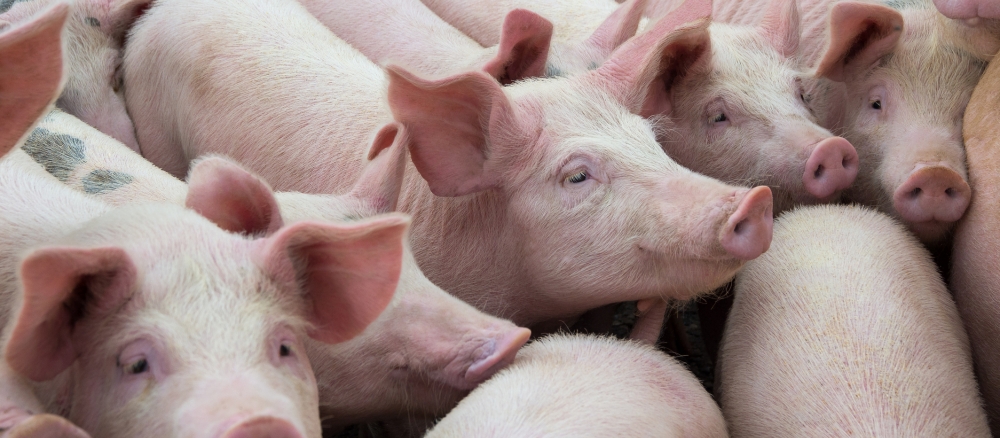As one of the largest family-owned pork producers in the United States, Christensen Farms, headquartered in Sleepy Eye, operates pig farms in Iowa, Nebraska, Illinois, South Dakota, and at nearly 200 sites in Minnesota alone. The Christensens realize that committing significant resources toward environmental stewardship not only benefits their business, but also the hundreds of communities among which they operate.
The Christensen Farms team of agronomists, after visiting and assessing all their production farms, identified an opportunity for improvement that would potentially reduce water use and create better efficiency in manure storage and land application. This opportunity centered around toggling valves used to deliver drinking water to the pigs. Water flow was inconsistent, would overflow water pans, and run into manure pits.
This team partnered with Specialty Manufacturing Co. (St. Paul), to design and produce a new drinking water valve. Thanks to the new watering toggle valves used throughout its operations, Christensen Farms was able to improve its water use, reduce waste and increase its sustainable practices.
Combined with intensive water-management practices, Christensen Farms has reduced its water use by 20% while continuing its focus on getting the correct amount of water to the pigs. The return on investment has paid off in savings throughout their system by lowering repair costs and improving nutrient concentrations in manure for crop production.
Farms also saved on manure removal costs. Because the previous valves leaked and sprayed outside the watering pan, water would run into manure pits below the pigs. This increased the amount of manure that needed to be removed and diluted the manure’s nutrient concentrations, which Christensen Farms monitors because the manure is used to fertilize crops.
If the manure’s nutrients are diluted, it has to be spread at a higher volume across farmland to meet the crop’s ideal nutrient needs. Less-diluted manure can be spread at a lower rate over less acreage, which reduces runoff, reduces traffic on roadways, and minimizes their carbon footprint.
Christensen Farms continues to rely on data collected through daily monitoring and routine auditing to identify opportunities for continued improvement. “We’re better equipped to make sure the pigs get the water they need, while creating a more sustainable process. This ultimately helps us continuously improve on our social responsibility of environmental stewardship,” said Adam Barka, Director of Environmental Stewardship at Christensen Farms.
For identifying opportunities to improve efficiency, the MPCA thanks Christensen Farms and its continued commitment to environmental stewardship and social responsibility.
